Explore the forces shaping the changing world order in the next 18 months and beyond. From financial/economic conditions to domestic orders, international relations, acts of nature, and technology understand the interplay of these factors and their impact on our global landscape. Gain insights into the challenges and transformations that lie ahead for a more stable and prosperous future. Pakistan must carefully determine its bilateral relations with influential nations worldwide.
Introduction
In this article, we will delve into the concept of the Big Cycle, an intriguing perspective on the shifts and changes that shape the world order. Renowned investor and author Ray Dalio has spent over 50 years studying historical events, economic cycles, and geopolitical trends to develop a comprehensive understanding of the forces driving significant transformations in society. By exploring the interplay between financial/economic conditions, domestic orders, international conflicts, acts of nature, and technological advancements, Dalio sheds light on the current state of the world and offers insights into what the future might hold.
1. The Financial/Economic Force
Today, the United States finds itself in the middle part of the short-term debt cycle, also known as the business cycle. Historically, these cycles have lasted an average of seven years, with some variations. As we navigate the 13th cycle since the establishment of the new monetary world order in 1945, the central bank has tightened money to combat inflation. However, this tightening typically precedes debt and economic contractions that are likely to occur in the next 18 months.
Simultaneously, the U.S. is also grappling with the late and perilous stage of the long-term debt cycle. Debt levels and liabilities have soared to unusual heights, making it challenging to offer creditor lenders a sufficiently high-interest rate relative to inflation. This conundrum arises from the need to make debt an attractive asset without burdening borrowers with unmanageable interest rates. Consequently, the world might be on the threshold of an inflexion point that will usher in substantial changes to the financial order.
The U.S. Treasury’s mounting deficits might necessitate the sale of substantial debt, potentially without adequate demand. In such a scenario, interest rates could skyrocket, or the Federal Reserve might resort to printing copious amounts of money and purchasing bonds, resulting in the devaluation of money. Thus, the debt and financial conditions could deteriorate significantly in the next 18 months.
2. The Domestic Order Force
Across several countries, including the United States, there has been a growing percentage of the population gaining populist extremism. Approximately 20-25 per cent of the right and 10-15 per cent of the left exhibit extreme populist tendencies. Together, the proportion of bipartisan moderates is shrinking. Although moderates still constitute the majority, they are becoming less inclined to engage in ruthless battles to secure victory at any cost.
Historical analysis reveals a systematic pattern. The increased populism and heightened conflict occur when there are substantial wealth and value gaps; compounded by unfavourable economic conditions. During such periods, a significant population inclines towards populist leaders who pledge to fight for their interests rather than seek compromises. Ray Dalio characterizes the current state of the United States as Stage 5, denoting “When There Are Bad Financial Conditions and Intense Conflict” in the internal order cycle. This stage is often a prototype of civil unrest and transformative changes in the domestic order. It is precisely what we are witnessing today.
Looking ahead, the next 18 months will glimpse increasingly intense electoral contests that will exacerbate political conflicts and deepen the divide between the left and the right. Numerous populist candidates will compete for 33 Senate seats, the presidency, and control of the House of Representatives. These elections will play a pivotal role in shaping the domestic order force in the United States. The outcomes will determine the direction of policies and the level of stability or instability in the country.
Given the existing economic challenges, growing wealth gaps, and political polarization, it is crucial for leaders to find common ground and work towards inclusive solutions. Failure to do so may further intensify conflicts and lead to societal unrest, potentially altering the course of the domestic order.
3. The International World Order Force
The international world order force is another critical aspect when understanding the big cycle. Historically, international orders have risen and fallen in cycles that last anywhere from 100 to 300 years. The current global order, led by the United States, has been in place since the end of World War II, but it is now facing significant challenges.
The rise of China as a global economic powerhouse, coupled with its assertive foreign policy, has introduced a new dynamic in international relations. China’s growing influence and desire to reshape the existing world order to align with its interests pose a potential threat to the dominance of the United States.
Moreover, the United States’ role as the global hegemon is being questioned by its allies. The issues, such as trade imbalances, geopolitical tensions, and differing ideologies, have strained international alliances. As a result, we are witnessing a shift in the balance of power and the emergence of new geopolitical alignments.
The next 18 months will be crucial in determining the trajectory of the international world order force. How the United States navigates its relationships with China, rebuilds alliances, and addresses global challenges will shape the future of the international order.
4. Acts of Nature
Acts of nature, such as natural disasters and pandemics, have shown a stronger impact on the world order. The COVID-19 pandemic, for instance, has highlighted the vulnerabilities and interdependencies of nations, leading to disruptions in supply chains, economic downturns, and strained healthcare systems.
As we move forward, it is to recognize the potential for future acts of nature to shape the world order. Climate change, in particular, poses significant risks in the form of extreme weather events, rising sea levels, and resource scarcity. These challenges will require global cooperation and coordinated efforts to reduce their impact and ensure a sustainable future.
5. Technology
Technological advancements have always played a pivotal role in shaping the world order. The current era is marked by rapid technological progress, particularly in artificial intelligence, automation, and digitalization.
These advancements have the potential to disrupt industries, transform economies, and reshape societies. They can also introduce new geopolitical dynamics, such as the race for technological supremacy and concerns over data privacy and cybersecurity.
In the next 18 months and beyond, technological innovations will continue to drive change and impact the world order. Countries and societies need to adapt to these advancements and harness their potential for the benefit of all.
End Note of the Author
The author invites all readers to engage in personal observation, exploration, and logical reasoning. This thoughtful examination of the subject matter, conducted through one\’s findings and logical arguments, will enable readers to develop a comprehensive understanding. For further in-depth analysis, the author suggests reading their book.
Decisive Moment and Advise for Pakistan
During this evolving global order and the significant cycle, Pakistan’s inclination and trends may shift towards either China or the USA. However, Pakistan should prioritize the interests of its people. Rather than getting involved in the tug-of-war between China and the US, Pakistan should focus on developing harmonious and friendly relations with every country, similar to India’s approach. The moment demands careful decision-making from Pakistan, as it should avoid involving in any conflicts. Instead, Pakistan should stimulate bilateral relations with its neighbouring countries and other influential nations across the world.
Conclusion
Understanding the forces driving the changing world order is crucial for individuals, businesses, and governments. The Big Cycle, as explained by Ray Dalio, provides a framework to comprehend the complex interplay between financial/economic conditions, domestic orders, international relations, acts of nature, and technology.
As we navigate the next 18 months, it is clear that significant challenges and transformations lie ahead. The financial and economic landscape is smooth for potential disruption, domestic orders are experiencing intensified conflicts, the international world order is undergoing a shift, acts of nature continue to impact societies, and technology is rapidly evolving.
By recognizing these forces and their interactions, we can better prepare for the future and work towards a more stable, prosperous, and sustainable world order. Only through collective efforts and cooperation we navigate the challenges and seize the opportunities ahead in the next phase of the Big Cycle. Pakistan needs to decide wisely while building its bilateral ties during this transformation.

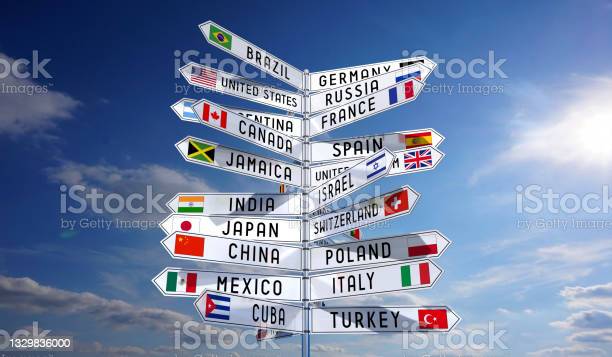
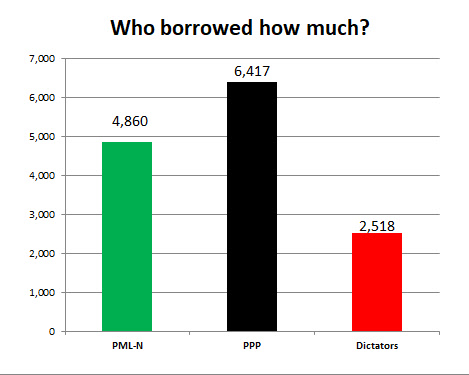
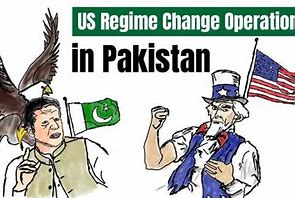
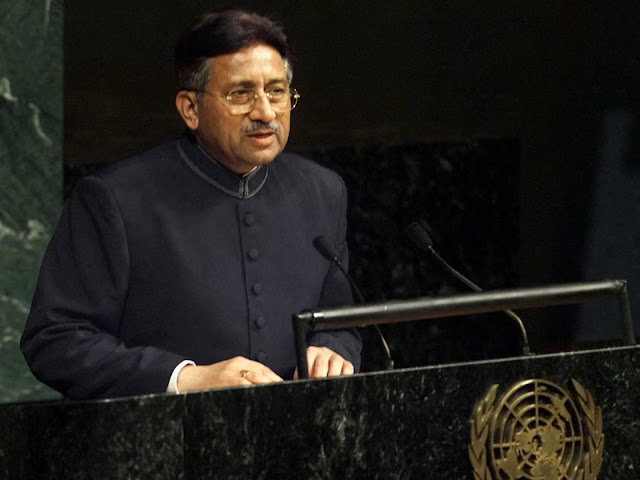
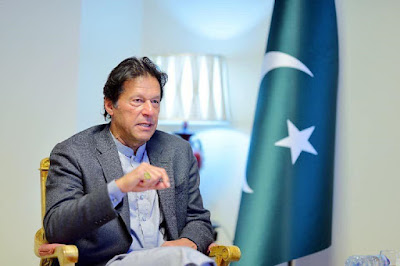
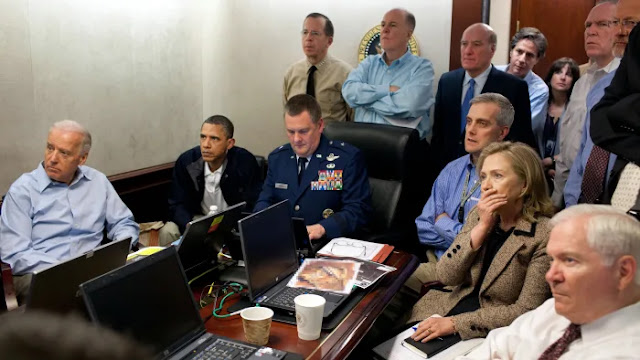

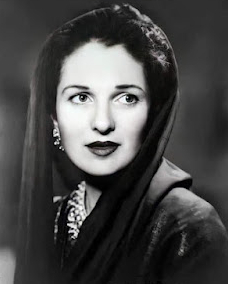
One Comment